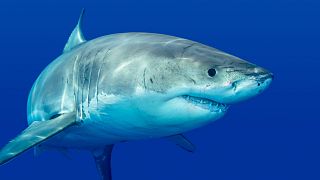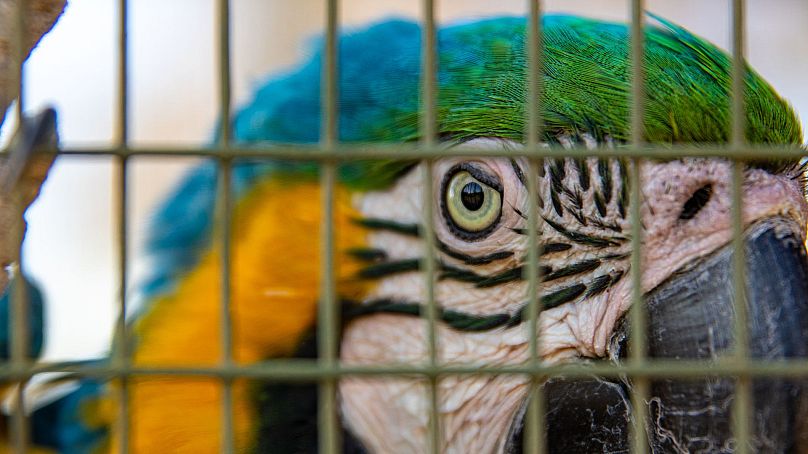Deadlier than a shark: Humans use or trade around a third of the world's animals

Humans use or trade around a third of the world's animals, making us 300 times deadlier than sharks.
Humans use or trade around a third of the world's wild animals, new research has revealed - making them far deadlier than predators like sharks.
It’s not hard to see that humans dominate the food chain.
For the first time, scientists have quantified this dominance - and the results are staggering.
An international research team studied the use and trade of 47,665 vertebrate species. Vertebrates are animals with backbones, a group that includes all mammals, birds, reptiles, fish and amphibians.
They found that 14,663 species - equivalent to approximately a third - are used for food, clothing, medicine, or as pets.
Of these, around 40 per cent are threatened by human activity.
This makes humans the most prolific predators in history.
Human predation could destroy complex webs of life.
“Continued overexploitation will likely bear profound consequences for biodiversity and ecosystem function,” the researchers warn.
How do humans dominate the food chain?
When you picture a predator, you probably envision a sharp-toothed shark or a lion.
But in reality, the impact of these animals pales in comparison to human influence.
The number of vertebrate species used or traded by humans is up to 300 times greater than the number preyed on by jaguars, 80 times more than lions and 113 times more than great white sharks.
Nearly half of ray-finned fish and bird species are used or traded, making them the most exploited groups. Reptiles and amphibians are the least exploited.
Population boom and the rise of global trade have skewed the scales of many ecosystems in favour of people.
Human activity messes with the food chain in profound ways by affecting the availability of food sources for predatory species. 30 per cent of the species preyed on by Bigeye tuna, for example, and 100 per cent of the species preyed on by jaguars are also used or traded by humans.
Around half of the exploited species are killed for food, the team found, while birds, reptiles and amphibians are primarily targeted for the pet trade.
About 8 per cent of exploited species are recreationally hunted for sport or trophies.
How can we reduce our impact on other species?
The report makes for sobering reading. But there are ways we can soften our impact on the planet.
Reducing your meat intake can help. By adopting a vegan diet, a person can save around 105 animals per year.
Protecting natural habitats is also crucial. Supporting and participating in conservation initiatives, such as the establishment of protected areas, wildlife reserves and national parks, can help safeguard the habitats of numerous species.

No comments:
Post a Comment